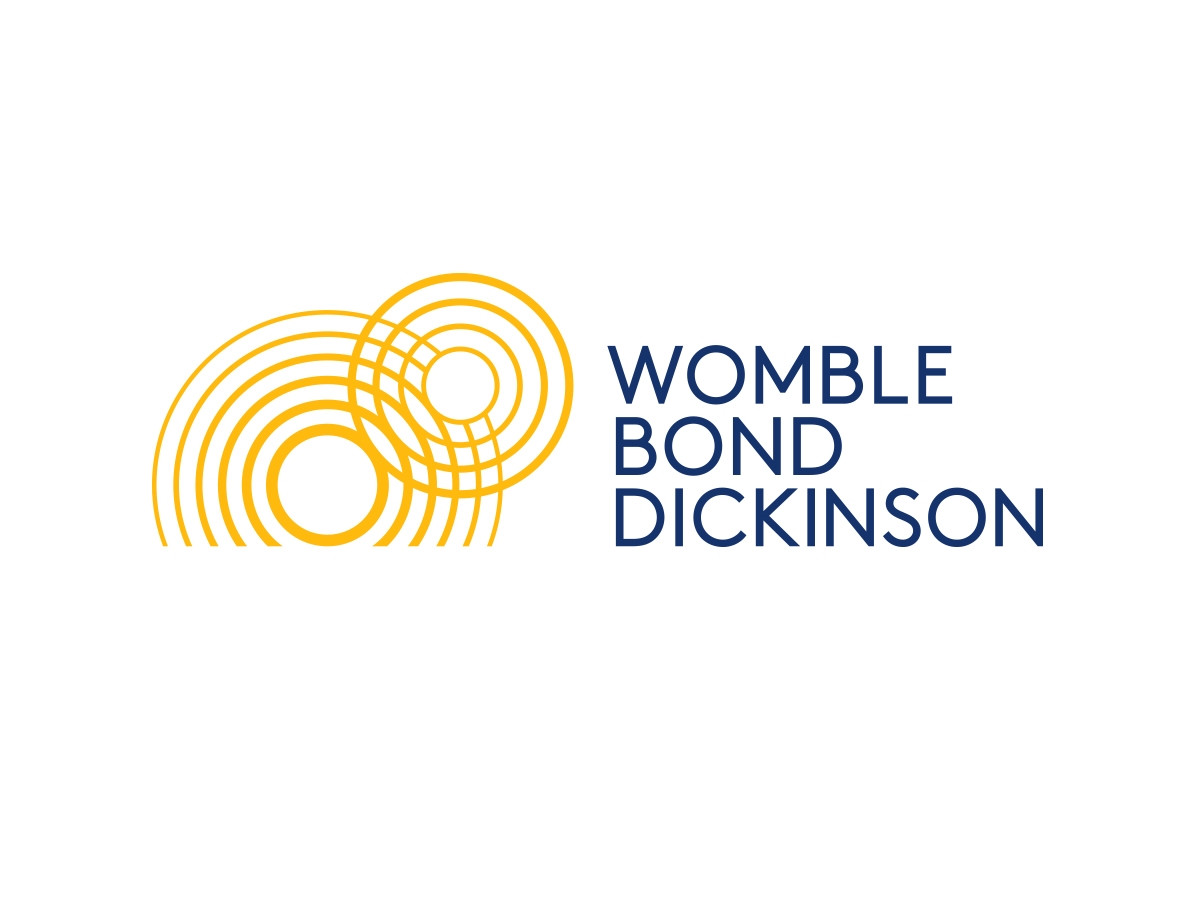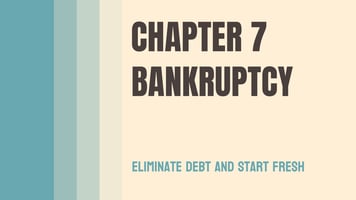CLAIMS IN A CONVERTED BANKRUPTCY CASE
Occasionally, a bankruptcy case will be converted from one chapter to a different chapter. There are several reasons to convert a case. A typical conversion would be a conversion from a chapter 13 filing to a chapter 7. The reasons to convert include: loss of income, increased dependents, reduction in income, divorce, or a failed business. Debts incurred after the filing of the original bankruptcy, but prior to the date of conversion receive the same treatment as prepetition claims.
Section 348(d) provides:
(d) A claim against the estate or the debtor that arises after the order for relief but before conversion in a case that is converted under section 1112, 1208, or 1307 of this title, other than a claim specified in section 503(b) of this title, shall be treated for all purposes as if such claim had arisen immediately before the date of the filing of the petition.
The plain language of section 348(d) clarifies that claims arising after the order for relief and before the case is converted must be treated as if it arose immediately before the petition date. Section 348(a) clarifies that a conversion “does not effect a change in the date of the filing of the petition, the commencement of the case, or the order for relief.”
What this means for a bankruptcy filer is that post-petition debt incurred by the debtor after the initial bankruptcy filing but prior to the conversion date can be discharged in the converted case unless the debt was debt intended by Congress to be excluded from discharge.
CALL NOW FOR A FREE STRATEGY SESSION FROM AN MN BANKRUPTCY LAWYER AT LIFEBACK LAW FIRM
The time period during which a qualifying claim under section 348(d) must arise is between the order for relief and conversion of the case under section 1112, 1208, or 1307. Claims incurred during the qualifying period can be discharged in the converted case. Contact the attorneys at LifeBackLaw and see us at www.LifeBackLaw.com and let us help you get your life back.






